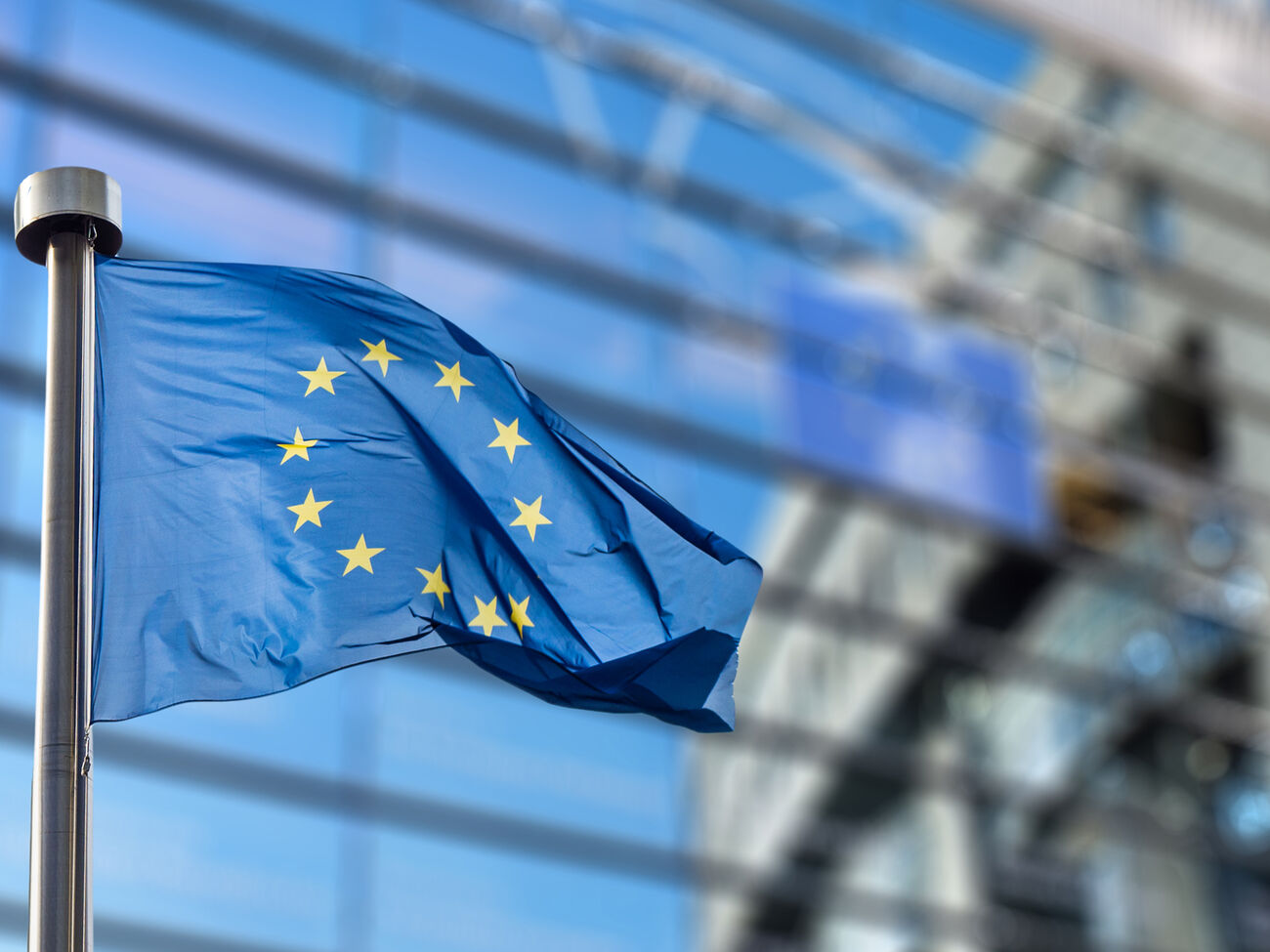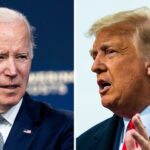The competition for the position of the head of the European Defence Agency (EDA) is gaining momentum. Candidates with different backgrounds and experiences will compete for this important role, which can influence the defense strategies of the EU, including assistance to Ukraine. Among the main contenders are former Dutch Minister of Defense Kajsa Ollongren, as well as two military officials: Andre Denk and Stefano Cont.
Contenders with Distinctive Qualities
Kajsa Ollongren is one of the most well-known candidates for this position. Her experience as Minister of Defense and Finance, as well as her involvement in supporting Ukraine, particularly within the F16 coalition framework, make her a strong candidate. Ollongren is an experienced politician, giving her an edge over competitors with military backgrounds.
On the other hand, Andre Denk and Stefano Cont are generals. Both candidates have deep knowledge in the military sector; however, while Denk focuses more on logistics, Cont works on developing technologies for the European Defence Agency.
Implications of Leadership Change for the EU
The European Defence Agency plays an increasingly vital role in joint procurement of defense equipment, including air defense systems and ammunition. This is directly linked to the conflict in Ukraine, as many EU countries have been actively replenishing their defense supplies following the Russian invasion. Previously, the agency was more focused on research, but now its task is to strengthen Europe’s defense capabilities.
The new head of EDA will be responsible for defining the agency’s strategy for the coming years, especially in the context of how the EU plans to support Ukraine in military terms.
Impact on Support for Ukraine
Ukraine is currently receiving significant assistance from the European Union, including financial and military support. The speed and effectiveness of future arms and ammunition deliveries may depend on who will lead the European Defence Agency:
- Kaisa Olkkonen, as a politician with experience in international diplomacy, is likely to continue supporting active military assistance to Ukraine, which could strengthen the EU’s position as a key player in the conflict. Her involvement in the coalition for transferring F16 fighter jets indicates serious intentions to continue strengthening the Ukrainian army.
- If military personnel such as Denk or Kont assume the position of the head of the EDA, emphasis on technical and operational aspects of defense can be expected. This may accelerate the implementation of new technologies and optimize military support to Ukraine.
At a Crossroads
The main question now is the role the European Defence Agency will play in the long term perspective. Currently, the agency stands at a crossroads, and its new leader will set the tone for future development.
A change in leadership at the EDA could be a key moment in how the EU will develop its military strategy. If the agency can increase its production capabilities and provide more effective support to Ukraine, it would be a significant step forward for the entire European Union.
The competition for the head of the European Defence Agency could have serious consequences for the EU’s defense strategy and, consequently, for Ukraine’s support. Regardless of who gets this position, the new agency leader will face challenges that will require quick adaptation and strategic decisions to ensure the security not only of Europe but also to support Ukraine in its war with Russia.


